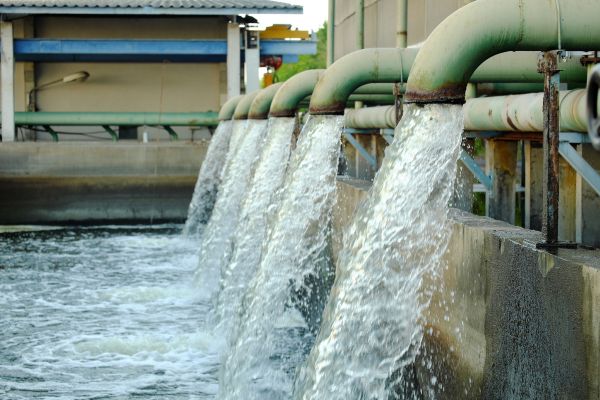An Update on Water Policies in the Texas Legislature
Published Mar 19, 2025 by Jordan Overturf
In 2023, Texas had one of the best legislative sessions in modern history for water policy. The 89th Texas Legislature wants to take that to another level by increasing funding and implementing policy reforms to reshape how the state addresses water resources.
With the legislature prepared to cross the halfway point, here’s a quick look at what’s happening with water policy and key bills the Partnership is following in Austin.
More Money, More Water
In 2023, lawmakers created the Texas Water Fund, and voters approved a $1 billion startup investment to fund projects across the state. This session, lawmakers are doubling down and plan to return to Texas voters for another $1 billion annually for the next 10 years.
Senate Bill 7 (SB 7) by Sen. Charles Perry provides the spending framework, while Senate Joint Resolution 66 proposes a Constitutional Amendment to dedicate $10 billion over the next decade to the Texas Water Fund. State Rep. Cody Harris has filed the House companion bills—House Bill 16 (HB 16) and House Joint Resolution 7 (HJR 7).
Greater Houston Partnership Executive Vice President Taylor Landin testified in support of HJR 7 on Wednesday in House Natural Resources, emphasizing the importance of sustainable water supply and infrastructure for the Houston region to remain competitive in landing large-scale projects in advanced manufacturing, life sciences and energy. The Partnership is set to testify in support of SB 7 during Monday's Senate Committee on Water, Agriculture, and Rural Affairs hearing.
In addition, House Bill 500, the Supplemental Budget Bill, taps $2.5 billion in surplus dollars to be invested in the Texas Water Fund upon passage. This means those dollars will be delivered this year rather than at the start of the next fiscal year.
Funding for Flooding
Lawmakers estimate over $1 billion will be available in the state’s Flood Infrastructure Fund account at the end of the fiscal year. According to agency officials, $700 million has already been committed to the Army Corps of Engineers (USACE) on state-federal match projects. The funding is parked in reserve as the USACE approves projects and prioritizes construction based on available funding.
Budget writers have included more than $182 million for additional flood mitigation projects in addition to the existing reserves.
One policy to watch is Senate Bill 1289, which expands the authorized uses for Texas Water Fund dollars to include the Flood Infrastructure Fund.
Water Works
If lawmakers succeed, the proposed policies will reshape how we fund and implement water strategies around the state. In addition to the dollars, ongoing discussions are underway on infrastructure, innovation in providing new water sources and expanding the authority of certain energy producers to engage in water reclamation efforts.
The result will be a generational shift in how local and state-level entities operate while maximizing the efficacy of federal dollars through matched programming efforts.
For more updates and alerts on the Texas Legislature, click here to sign up for our weekly newsletter.
 The Houston Report
The Houston Report




















